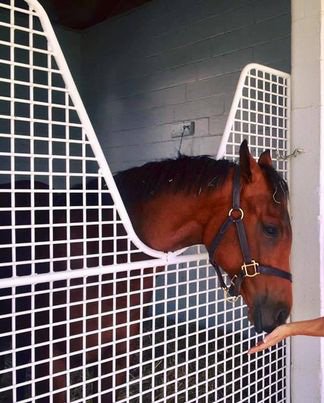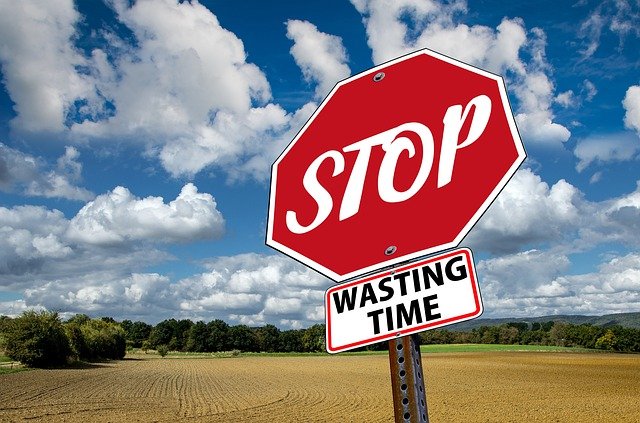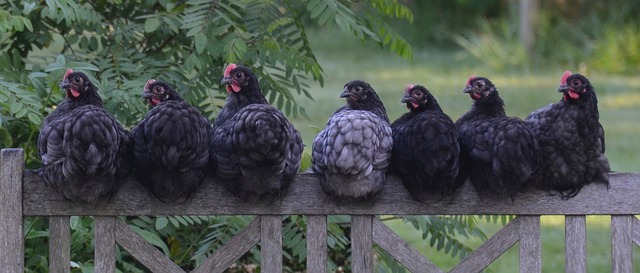On the Up and Up
 On the up and up sometimes refers to people becoming successful.
On the up and up sometimes refers to people becoming successful.
With high goals and hard work, they strive for a good:
- Income
- Reputation
- Position
They rise in the business world.
On the up and up also refers to anything improving.
- Health
- Work
- Relationships
Today’s focus relates to behavior.
People on the up and up are:
- Honest
- Dependable
- Respectable
- Fair
Anything they say can be taken to the bank. As good as their word, they have no need to hide anything they do.
- When they make a deal, they honor their agreement.
- If they share information, no one doubts its truth.
- When they promise to do something, they do it.
People whose behavior is on the up and up live clean, moral, legally upright lives.
They want to do what is right. They may not become rich or famous. However, they find far greater success than money or fame. Their choices give them a clear conscience – a gift money can never buy.
“May integrity and uprightness protect me, because my hope, Lord, is in you” (Psalm 25:21 NIV).
Thanks to Brad Leverett for the suggestion. Image by Gerhard G. from Pixabay
Do you have an expression you want explained or a thought about this one? If so, please comment below.
Subscribe to receive my weekly posts by email and receive a free copy of “Words of Hope for Days that Hurt.”
If you enjoyed this post, please share it with your friends.
 Lions have a big head, a loud roar, and a reputation as king of the jungle. Although big, strong, and fast, lions can be caught and controlled by smaller, weaker, and slower lion tamers.
Lions have a big head, a loud roar, and a reputation as king of the jungle. Although big, strong, and fast, lions can be caught and controlled by smaller, weaker, and slower lion tamers. When you try to harm others, you often end up harming yourself more. You cut off your nose to spite your face. This happens at any age.
When you try to harm others, you often end up harming yourself more. You cut off your nose to spite your face. This happens at any age. It makes no sense to bite the hand that feeds you. Some animals who
It makes no sense to bite the hand that feeds you. Some animals who  When we were children, adults occasionally warned us not to dillydally. This often happened when we failed to:
When we were children, adults occasionally warned us not to dillydally. This often happened when we failed to: We can use our hands for great good or great evil. Too much free time often leads us the wrong direction. Idle hands are the devil’s tools.
We can use our hands for great good or great evil. Too much free time often leads us the wrong direction. Idle hands are the devil’s tools.
 To get to the top floor of a house, we usually climb stairs. To go over the top of the house requires more work – extreme efforts. Most of us would be foolish to try.
To get to the top floor of a house, we usually climb stairs. To go over the top of the house requires more work – extreme efforts. Most of us would be foolish to try. You made your bed, you must lie in it has nothing to do with making a bed. The expression focuses on behavior.
You made your bed, you must lie in it has nothing to do with making a bed. The expression focuses on behavior. Chickens come home to roost.
Chickens come home to roost.